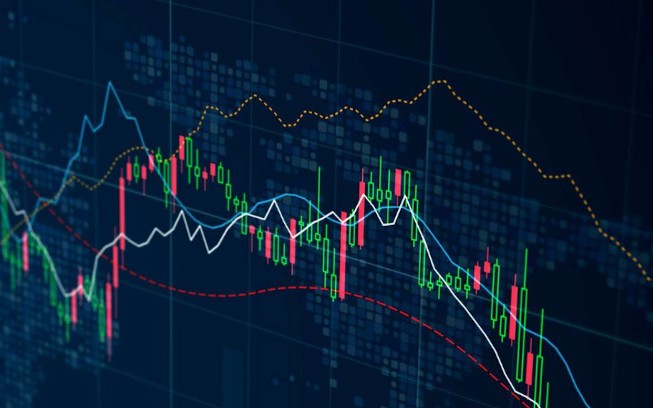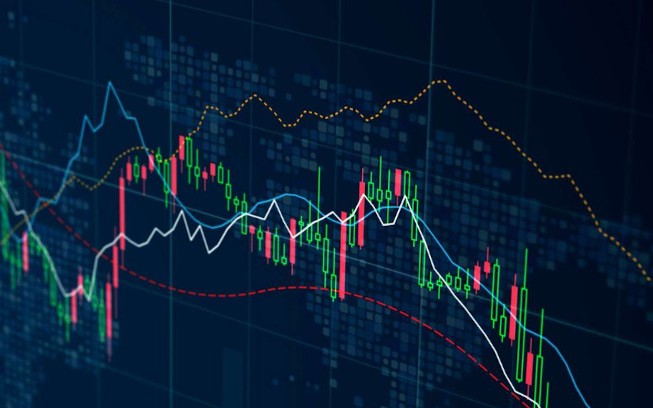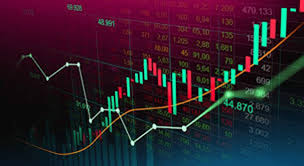
Understanding Forex Currency Trading Brokers
Forex currency trading brokers play a critical role in the trading ecosystem, serving as facilitators for retail traders looking to participate in the Forex market. With the rise of online trading platforms, choosing the right broker has become increasingly important. For those who are interested in exploring Forex trading, forex currency trading broker protradinguae.com offers valuable resources and information to get started.
What is Forex Trading?
Forex trading, or foreign exchange trading, involves the buying and selling of currency pairs in the global market. The Forex market is one of the largest and most liquid markets in the world, with a daily trading volume exceeding $6 trillion. It operates 24 hours a day, five days a week, allowing traders to respond to market changes in real-time.
The Role of Forex Brokers
Forex brokers serve as intermediaries between retail traders and the interbank Forex market. They provide the platform and tools necessary for executing trades while offering additional features such as market research, analysis, and risk management tools. Brokers can significantly influence a trader’s experience through the services they offer, including spreads, leverage, and customer support.
Types of Forex Brokers
1. Market Makers
Market makers, also known as dealing desk brokers, provide liquidity by taking the opposing side of a trader’s position. They create a market for traders by setting their own bid and ask prices, allowing them to profit from the spread. Market makers are often selected by new traders due to their user-friendly platforms and lower barriers to entry.
2. ECN Brokers
Electronic Communication Network (ECN) brokers connect traders directly to the market, allowing them to trade with other participants at market prices. ECN brokers typically charge a commission per trade but offer tighter spreads and greater transparency. They are preferred by more experienced traders who are looking for better execution speeds and lower slippage.
3. STP Brokers
Straight Through Processing (STP) brokers execute orders directly without dealing desk intervention. They aggregate prices from different liquidity providers to offer competitive spreads. STP brokers combine features of market makers and ECN brokers, offering flexibility for traders while minimizing conflicts of interest.
Choosing the Right Broker
When selecting a Forex broker, there are several critical factors to consider:
1. Regulation
Ensure that the broker is regulated by a reputable authority, such as the Financial Conduct Authority (FCA) in the UK or the Commodity Futures Trading Commission (CFTC) in the USA. Regulation provides a level of protection for traders and promotes fairness in the market.
2. Trading Costs
Assess the trading costs, including spreads, commissions, and overnight fees. A transparent fee structure is essential for effective trading, as excessive costs can erode profits.
3. Trading Platform
The trading platform provided by the broker plays a significant role in the trading experience. Look for user-friendly interfaces, advanced charting tools, and reliable execution speeds. Popular platforms include MetaTrader 4 (MT4), MetaTrader 5 (MT5), and cTrader.
4. Customer Support
Responsive customer support can make a considerable difference, especially for new traders. Check for multiple channels of communication, such as live chat, email, and telephone support, along with additional resources like educational materials and webinars.
The Importance of Education
Forex trading is complex, and education is paramount for success. Many brokers offer educational resources ranging from articles, videos, tutorials, and demo accounts. Investing time in learning about trading strategies, technical analysis, and risk management can significantly enhance a trader’s confidence and performance.
Market Analysis and Tools
Forex brokers typically provide various tools and analytical resources to assist traders in making informed decisions. These may include real-time quotes, economic calendars, and trading signals. Understanding how to use these tools effectively can help traders anticipate market movements and optimize their strategies.
Risk Management
Effective risk management is crucial in Forex trading. Traders should define their risk tolerance and use tools such as stop-loss orders to limit potential losses. Additionally, practicing proper position sizing and diversifying trades can help manage risks effectively. Remember, trading involves substantial risk, and it’s possible to lose more than your initial investment.
Conclusion
Choosing the right Forex currency trading broker is vital for your trading success. By understanding the different types of brokers and their roles, evaluating key factors such as regulation and trading costs, and utilizing education and analysis tools, traders can navigate the complex world of Forex trading more effectively. As you embark on your trading journey, remember to maintain a disciplined approach and continually refine your skills to become a successful Forex trader.


